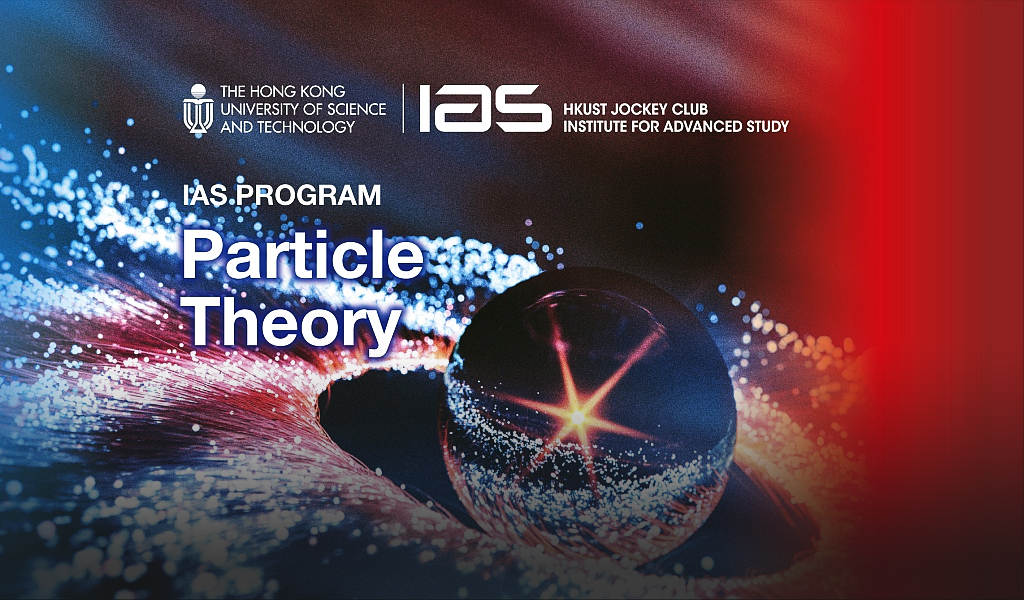Primordial Black Holes from Scalar Field in R^2 Gravity
Abstract
The speaker studies a model of inflation, in which a scalar field χ is non-minimally coupled to Starobinsky's R2 gravity. After transforming it to the Einstein frame, a new scalar field, the scalaron ϕ, will appear and couple to χ with a nontrivial field metric, while χ acquires a positive mass via the non-minimal coupling. Initially, inflation occurs along the ϕ direction with χ trapped near its origin by this induced mass. After ϕ crosses a critical value, it starts rolling down rapidly and proceeds to damped oscillations around an effective local minimum determined by the value of χ, while inflation still continues, driven by the χ field at this second stage, where the effect of the non-minimal coupling becomes negligible. The presence of the damped oscillations during the transition from the first to second stage of inflation causes enhancement and oscillation features in the power spectrum of the curvature perturbation. Assuming that the oscillations may be treated perturbatively, the speaker calculates these features by using the δN-formalism, and discusses its observational implications, especially the production of primordial black holes.
About the program
For more information, please refer to the program website at http://iasprogram.ust.hk/particle_theory.



